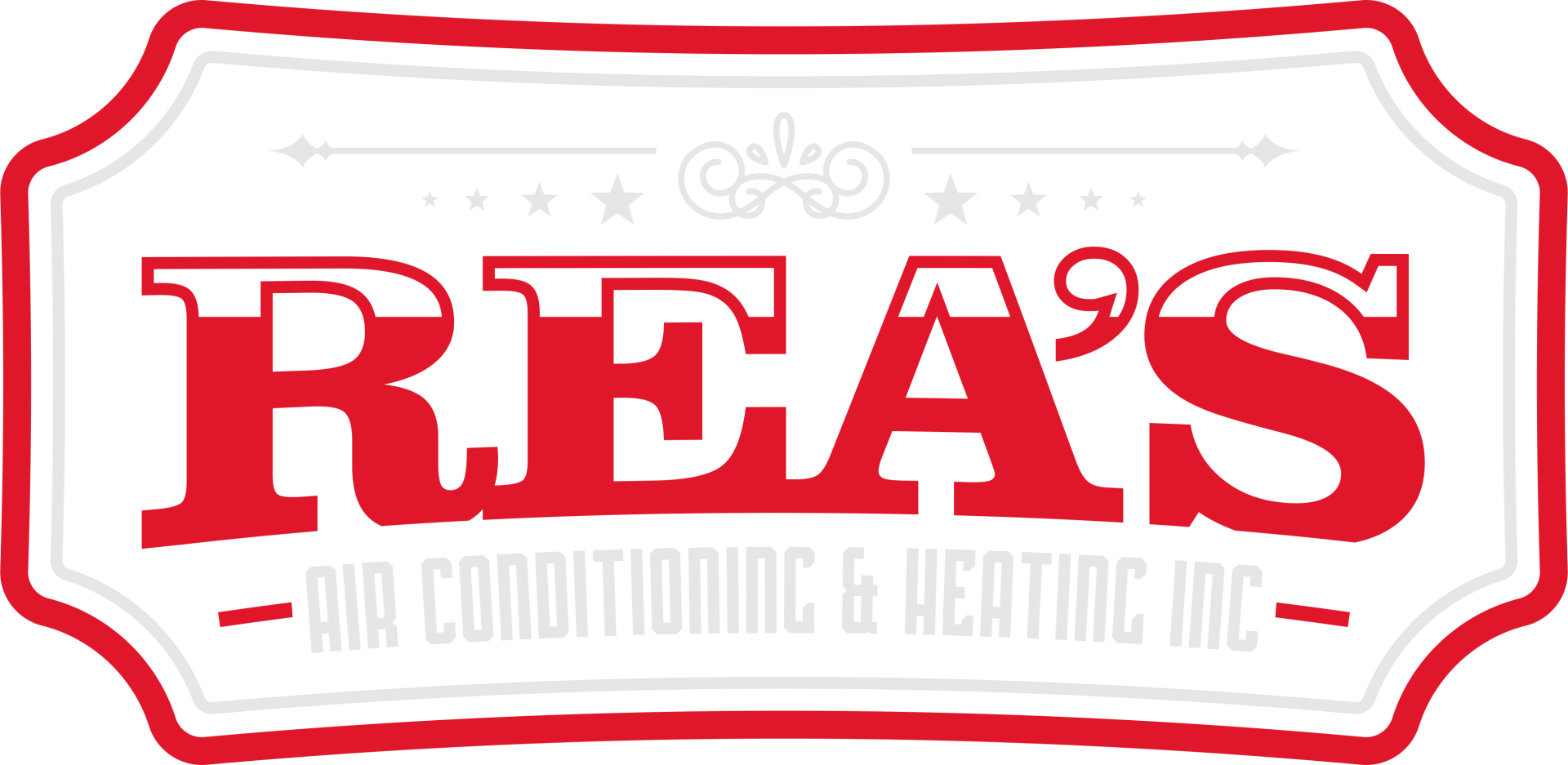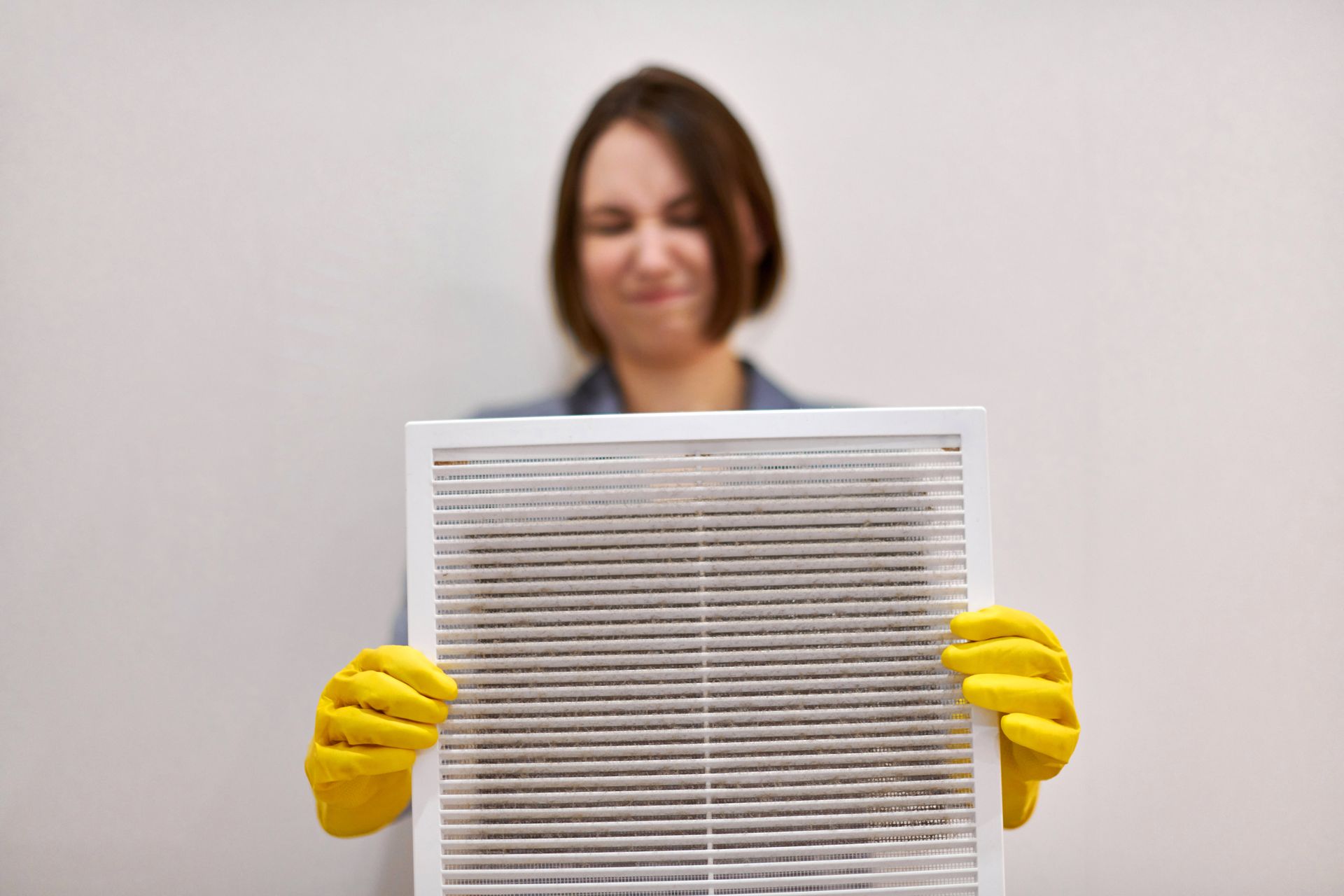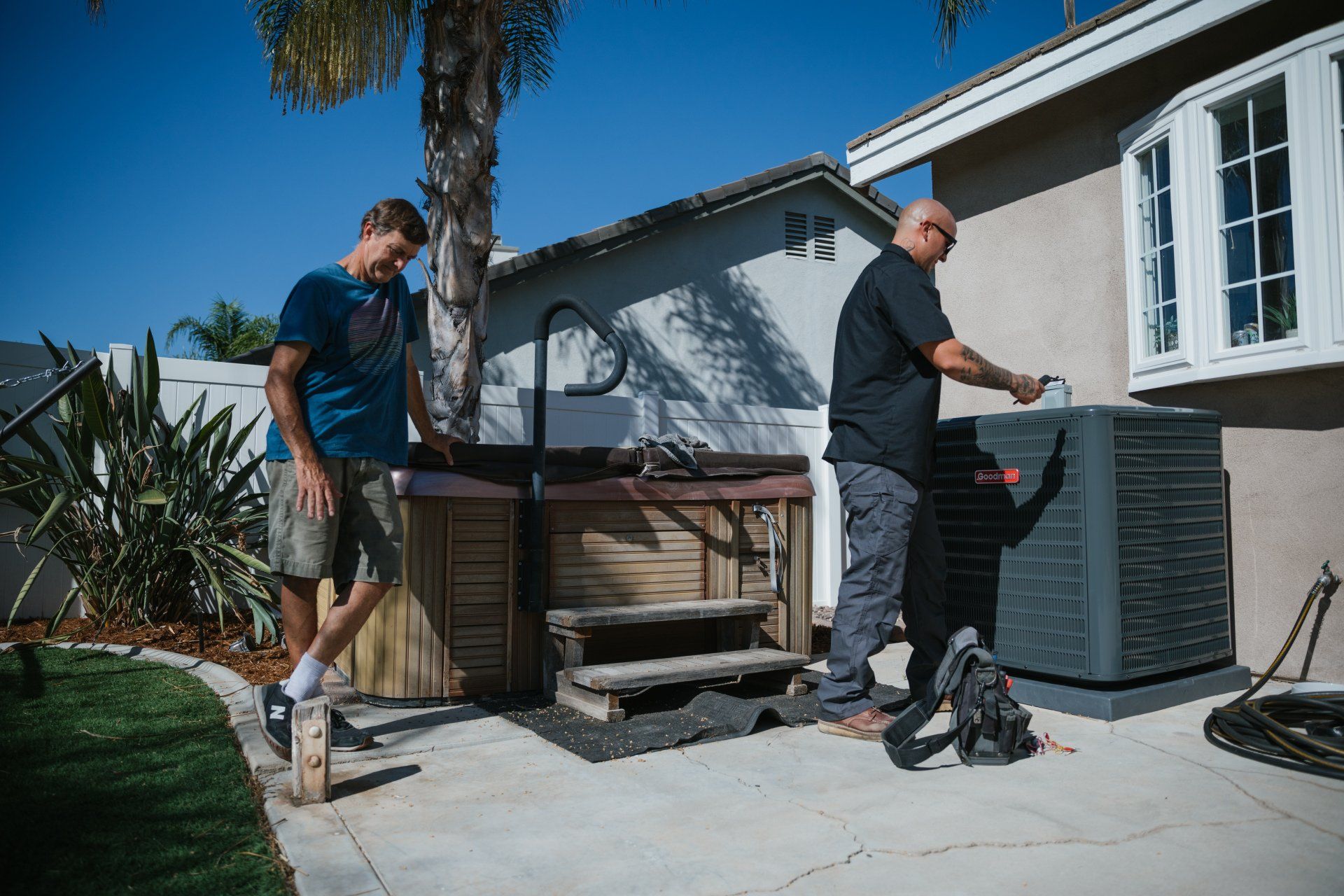Seasonal HVAC Maintenance: Preparing Your System for Summer/Winter
As the seasons shift from the gentle breezes of spring to the scorching heat of summer or the crisp air of fall to the biting cold of winter, the time comes to turn our attention to the unsung hero of home comfort—the HVAC system. Ensuring your heating, ventilation, and air conditioning system is prepared for the oncoming extreme temperatures is not just about maintaining comfort but efficiency, longevity, and safety. This seasonal guide will walk you through the essential steps to prepare your HVAC system for the summer’s heat and the winter’s cold, keeping your home cozy, keeping your energy bills in check, and keeping your system running smoothly.
Preparing for Summer
1. Inspect and Change the Air Filters
The simplest yet most often overlooked task is changing the air filters. Dirty filters restrict airflow, reduce efficiency, and cause your system to work harder, leading to higher energy costs and shortened equipment life. Check your filters monthly, especially during high usage, and replace them as needed.
2. Clean the Coils on the Outdoor Unit
The outdoor unit’s coils can accumulate dirt, leaves, and debris, impairing the unit's ability to dissipate heat. Turn off the power to the unit and gently clean the coils with a garden hose, careful not to bend the fins.
3. Check the Refrigerant Levels
Low refrigerant levels can significantly decrease the efficiency of your air conditioning system. Since checking refrigerant levels typically requires special tools, this task is best left to professionals.
4. Test Your System
Before the peak of summer hits, turn on your air conditioner to ensure it's cooling properly. If you notice any issues, it’s better to address them before you rely on the system to keep you cool in the hotter months.
5. Schedule Professional Maintenance
An annual service call from a qualified HVAC technician can keep your system running efficiently and catch any potential problems before they become major issues. This check-up should include inspecting the ductwork, verifying the system's refrigerant levels, and checking for leaks or other problems.
Preparing for Winter
1. Inspect and Change the Air Filters
Just like in summer, cleaning your air filters is crucial for maintaining airflow and efficiency. A fresh filter will help your furnace run more efficiently.
2. Check the Thermostat
Ensure your thermostat is working correctly, and consider upgrading to a smart thermostat if you haven’t already. Smart thermostats can improve your system's efficiency by adjusting the temperature based on your schedule.
3. Inspect the Furnace
Look for signs of rust, corrosion, or leaks. Turn on the furnace and listen for unusual noises, which could indicate a problem. Don’t hesitate to call a professional if something doesn't seem right.
4. Ensure Proper Insulation
Good insulation will help keep the warm air inside your home and reduce the workload on your heating system. Check the insulation in your attic, walls, and around your doors and windows.
5. Professional Furnace Maintenance
A professional HVAC technician can thoroughly inspect your furnace, ensuring it’s in good working order for the winter. This should include checking the heat exchanger for cracks, inspecting the blower, and testing for carbon monoxide leaks.
Year-Round Tips
- Keep the Area Around Units Clear: Ensure the indoor and outdoor units are free of obstructions to maintain airflow and accessibility for maintenance.
- Listen for Unusual Noises: Strange sounds can be the first sign of a problem. Addressing these issues early can prevent more significant problems later.
- Consider Upgrades: If your system is old and inefficient, replacing it with a more energy-efficient model could save you money in the long run.
Seasonal HVAC maintenance is a proactive approach to home comfort and energy efficiency. By preparing your system for the extreme temperatures of summer and winter, you ensure a comfortable home environment, reduce the risk of unexpected breakdowns, and potentially extend the life of your HVAC system.






